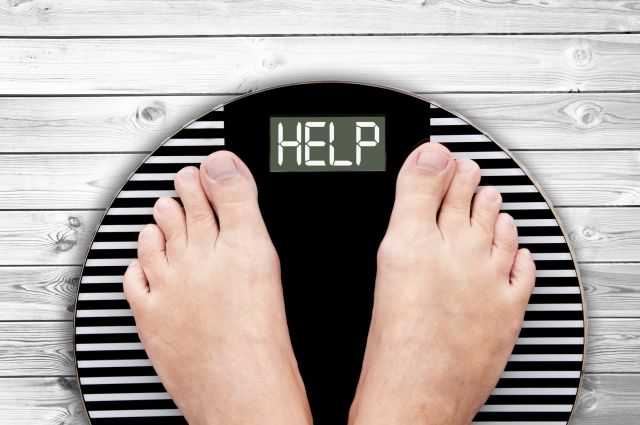Updated on October 2, 2025.
Many people view weight loss surgery the way they view steroids in sports: They think it's cheating, it's unnatural, it's an unfair advantage, it's cutting corners. But there are plenty of people with a body mass index (BMI) of 35 or higher for whom surgery is a viable solution. It does work, and it works more effectively -- and faster -- than any traditional dieting method for people in this category.
Still, weight loss surgery isn't risk-free or magical. And it won't create permanent success without lifestyle changes to go along with it. But it will absolutely make a huge change in almost everyone who does it. Still . . . is it right for you?
Candidates for Weight Loss Surgery
You're eligible for weight loss surgery if you fit one of these three categories:
- You're 100 pounds or more over your ideal weight.
- You have a BMI over 40.
- You have a BMI over 35 and also have hypertension, diabetes, arthritis, sleep apnea, serious lipid abnormalities, or altered body image.
You also need to be willing to make the lifestyle changes -- exercise and diet -- that make these procedures work. If you don't, the surgery won't be successful. After an initial “bounce” downward, you could be back to marathon munching before you know it. And that means a lot of effort, time, and risk for nothing.
Benefits and Risks
One great thing about successful weight loss surgery is that improvements in your risk factors like hypertension and cholesterol -- but especially diabetes -- start right away. But let's be clear: These are major surgeries that, like skydiving and bumper cars, have as many risks as they have rewards. Weight loss surgery carries the same risks as any other operation: infection, bleeding, and (though rare) complications that could result in death. Other possible side effects include hair loss, dumping syndrome (a condition in which stomach contents arrive in the small intestine too quickly and cause you to feel ill), diarrhea, vomiting, hernias, and nutritional deficiencies.
Lifestyle Changes After Surgery
So talk to your doctor about weight loss surgery; be sure you understand all the risks and benefits attached to the procedure and the commitments you will have to make afterward, in terms of diet and behavior.
Some of these procedures are permanent and irreversible, and to stay healthy for the rest of your life, you must commit to certain routines forever. These include taking a multivitamin and vitamin B12 daily; drinking lots of water; taking it easy on alcohol, caffeine, sodas, and acidic foods; and not drinking during meals.
You also need to know that every patient reacts a little differently, so while some people breeze through, it takes others a lot of adjusting to regain their vitality. But 90% of people do lose about half of their excess weight in the first year.
Do Your Homework
If you're seriously considering weight loss surgery, follow these tips to help ensure you get the best care:
- Find a facility that does at least 150 procedures a year -- these hospitals have much lower complication rates than those that do fewer surgeries.
- Be sure there's an entire support team -- both pre-op (to minimize complications) and post-op (to give you the best chance for success). A nutritionist and psychiatrist should be part of the team.
- Choose a hospital certified by the American Society for Bariatric Surgery.
Medically reviewed in September 2019.






